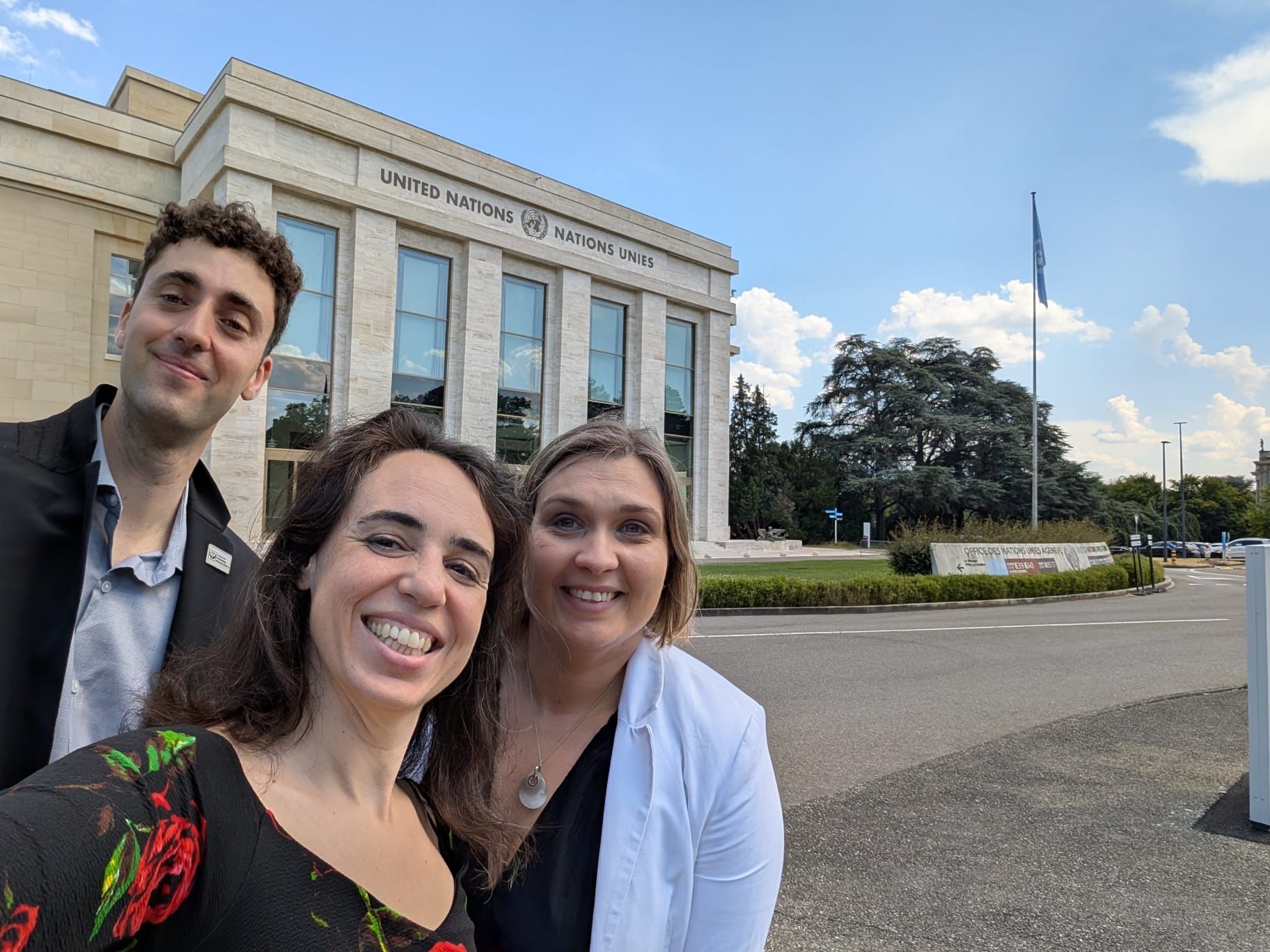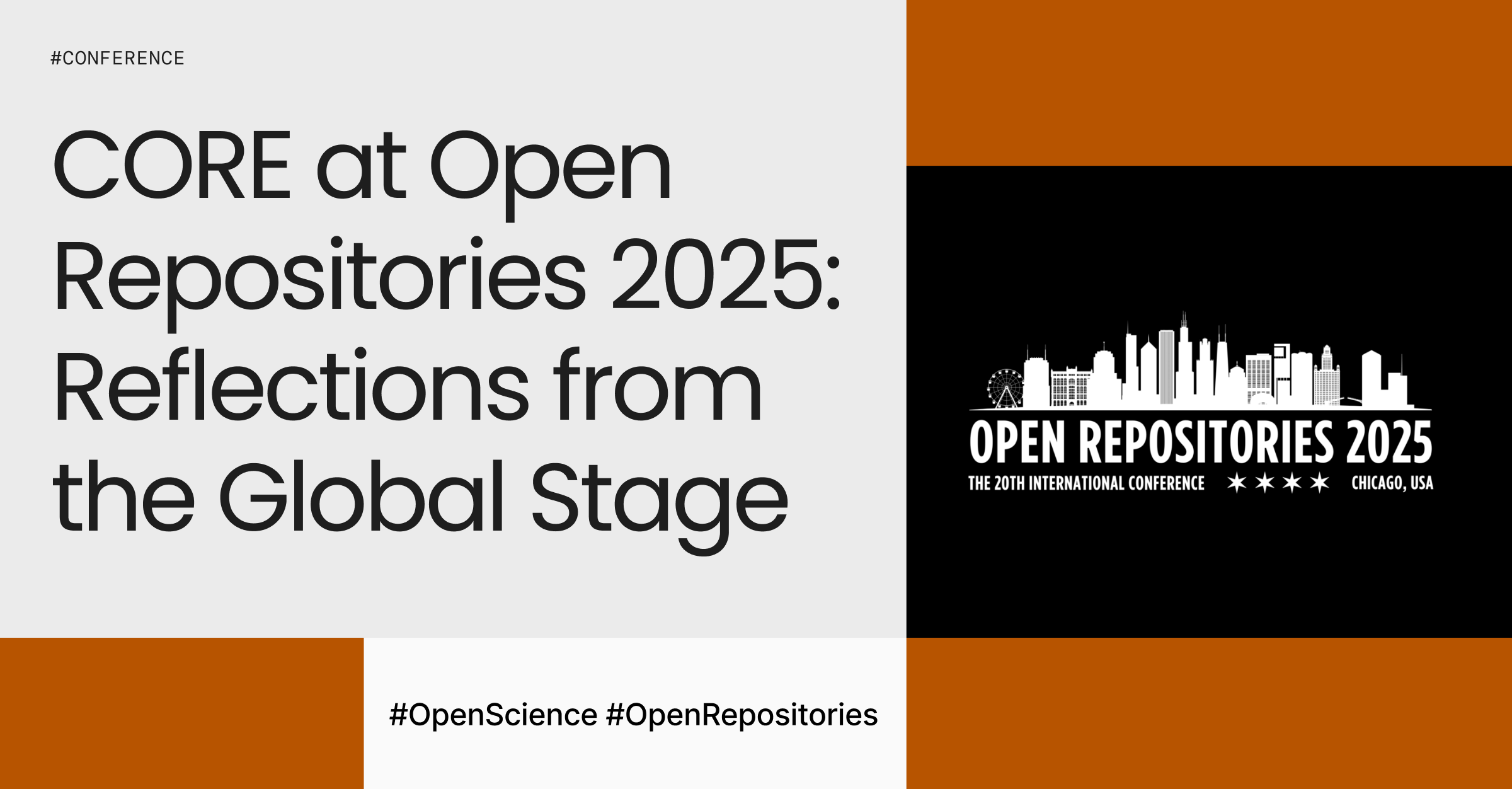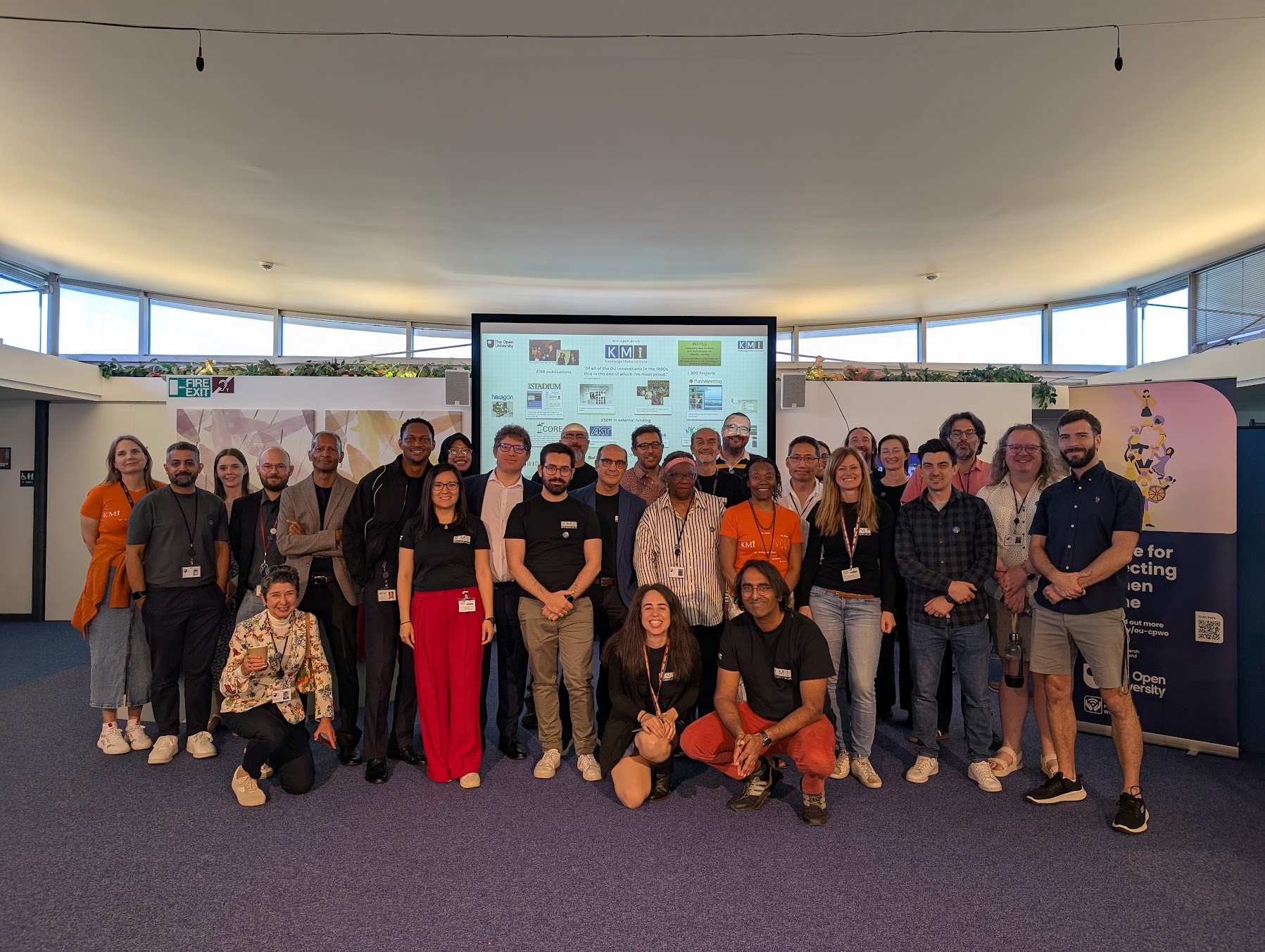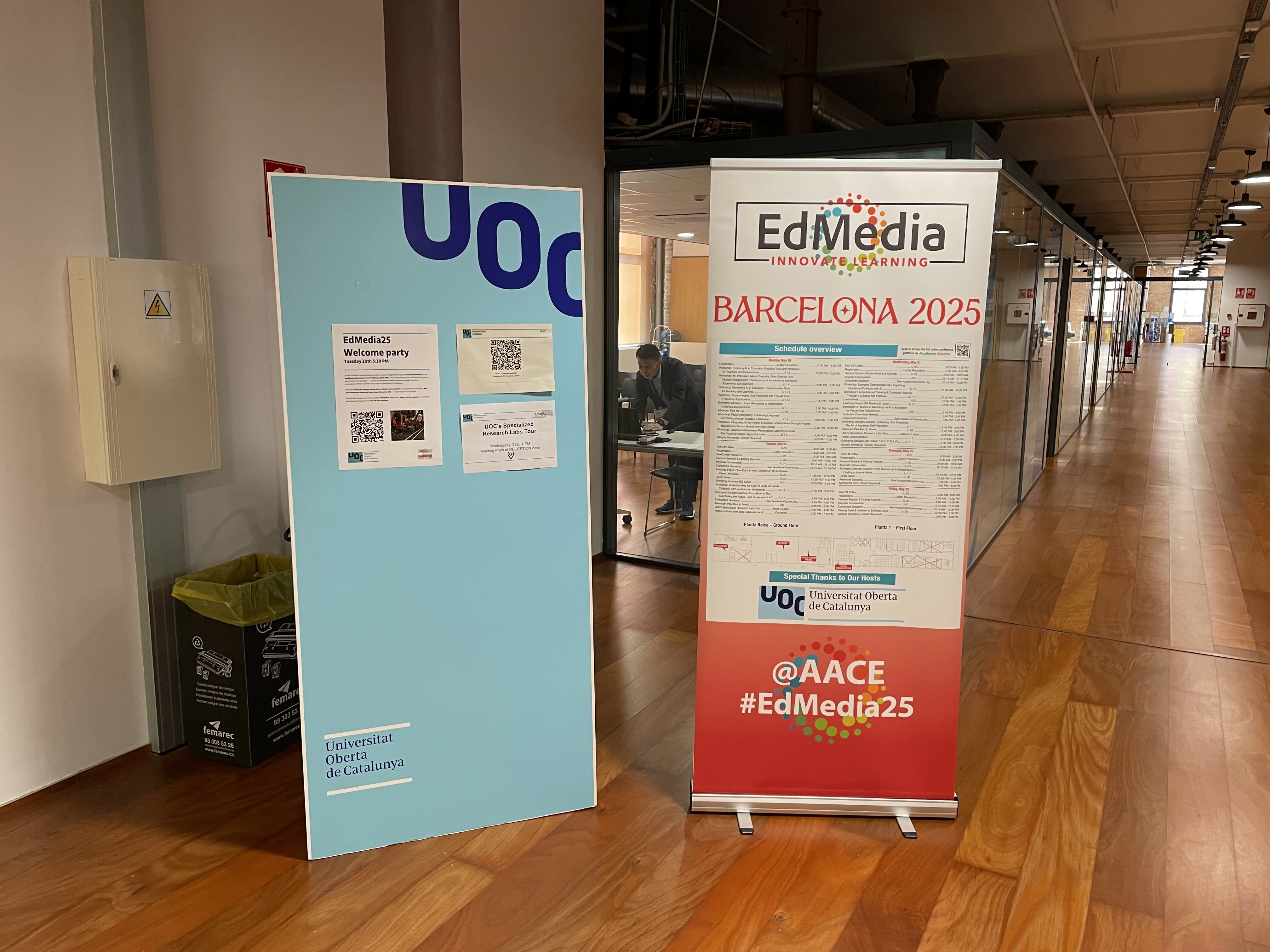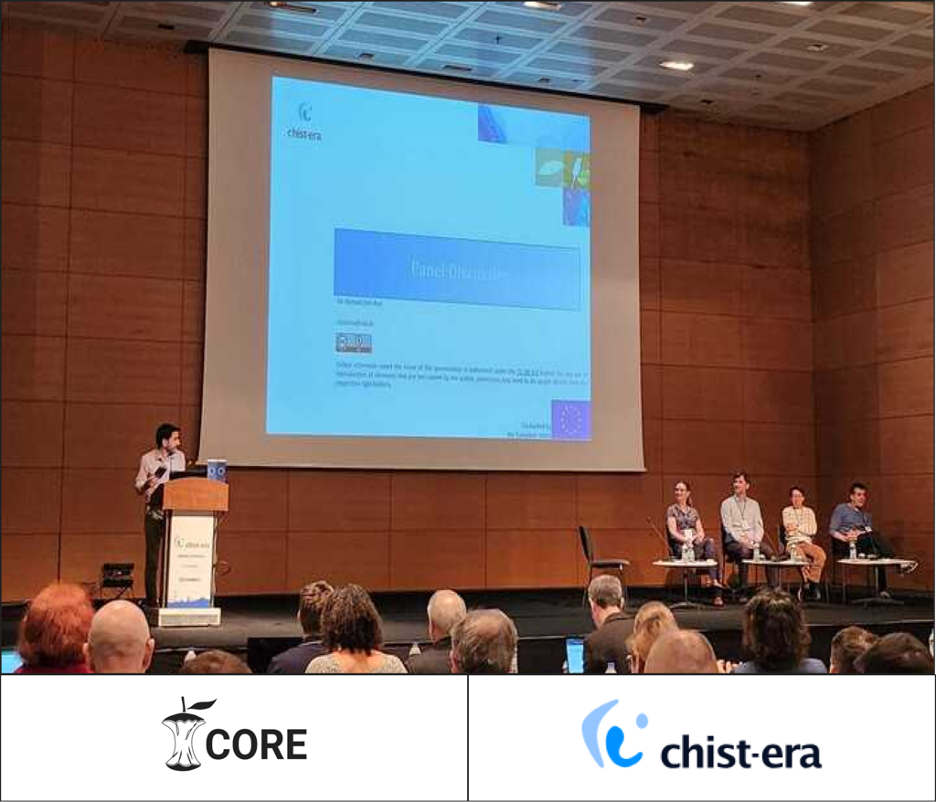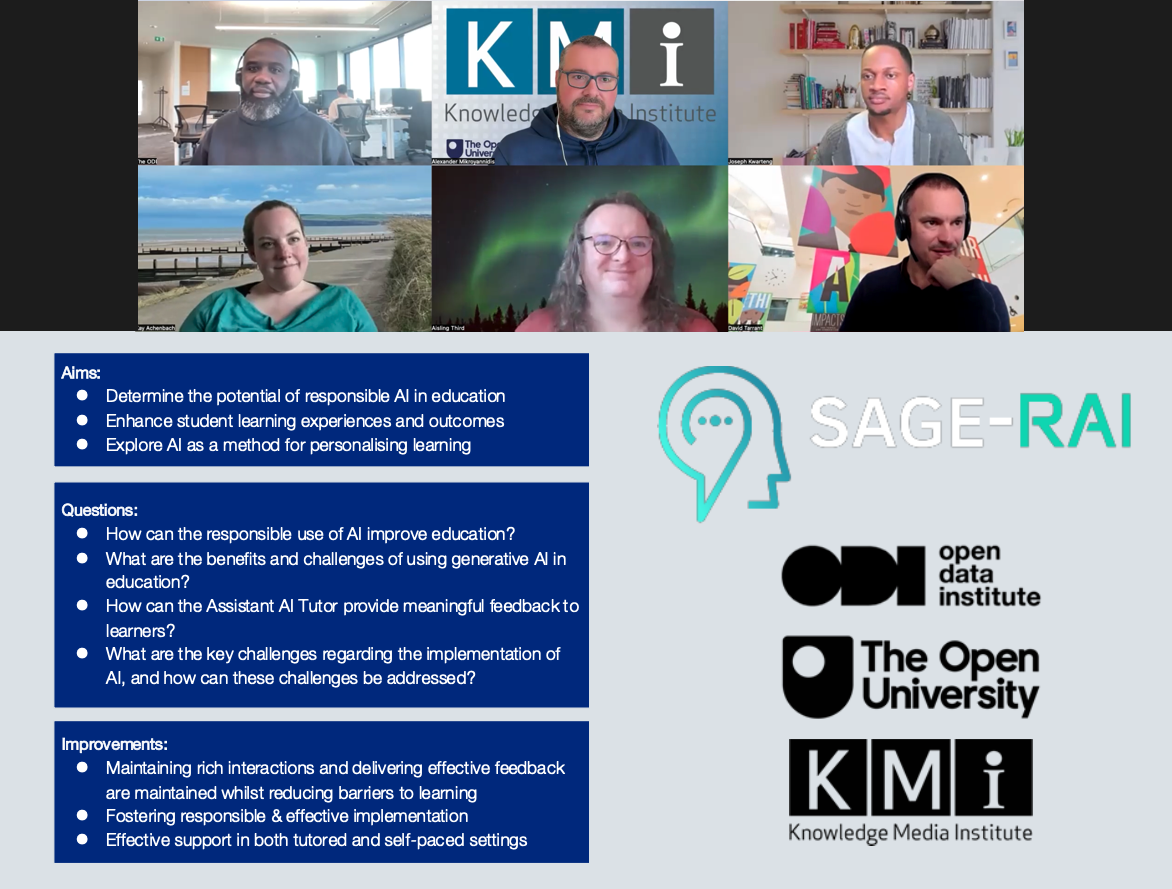KMi claims Best Paper at ACM Hypertext 2025

KMi is delighted to announce that the paper “Literary Hypertext, AI and Google’s New Web: an Aesthetic Discussion”, by Alessio Antonini, Lucia Lupi, Mariusz Pisarski and Sam Brooker, received the Best Paper Award at this year’s ACM Hypertext conference in Chicago. The study asks what happens to the web when AI becomes both author and…




